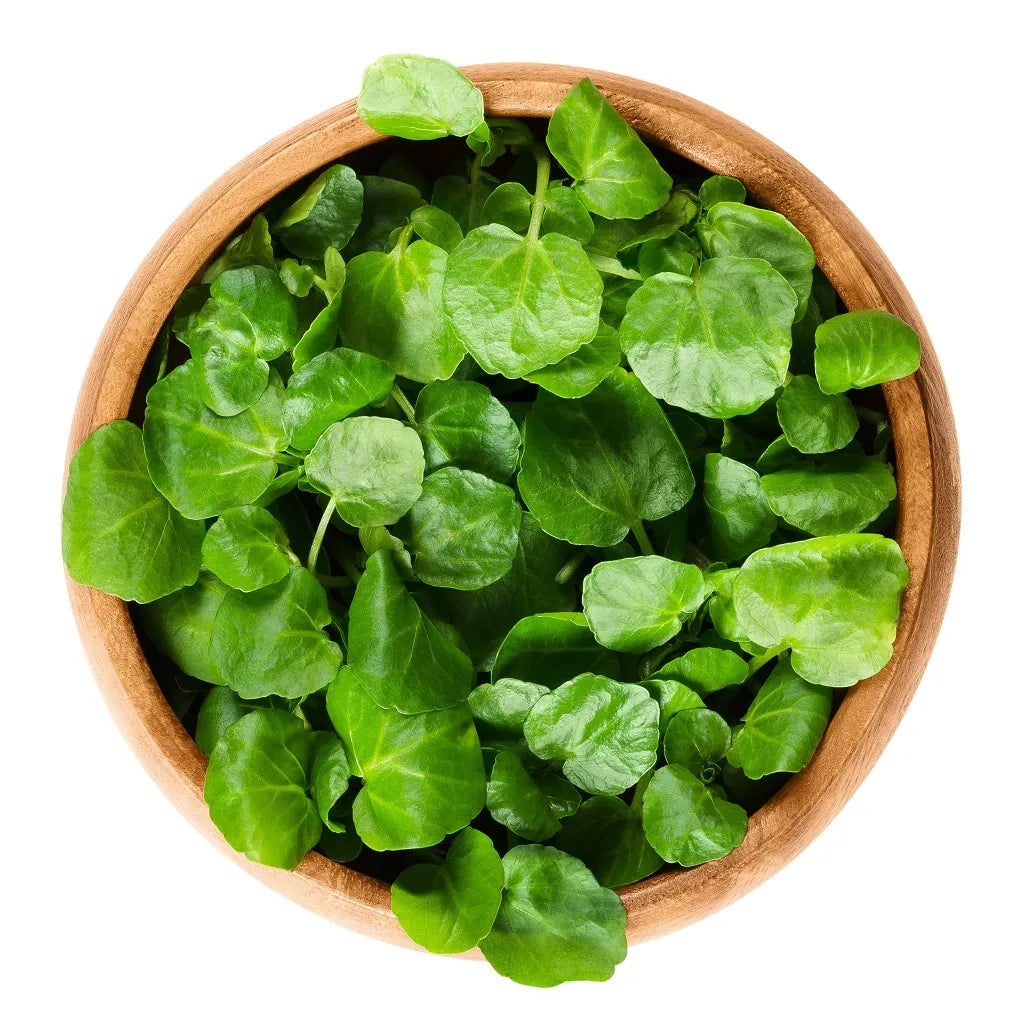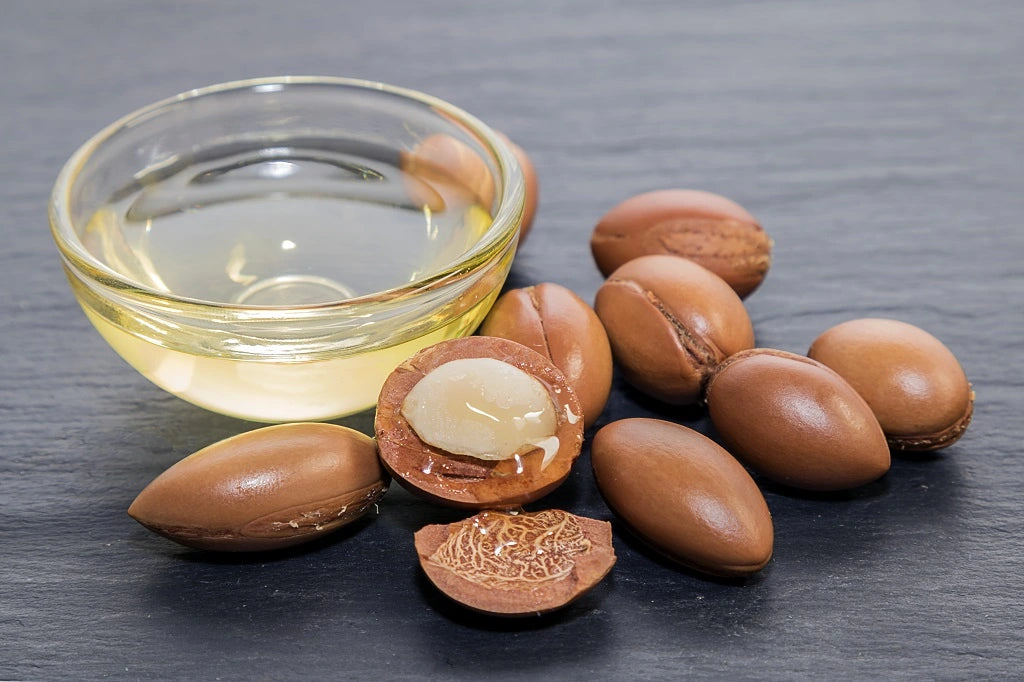Linoleic acid is a polyunsaturated fatty acid. It is procured from vegetables like corn, sunflower, safflower, soybean, and canola that contain omega-3 and omega-3 fatty acids. Sometimes referred to as Vitamin F, linoleic acid is one of the most effective ingredients in skincare, strengthening the skin’s protective barrier while providing excellent moisturising and healing properties.
Several plant oils used in skin care like hemp oil, sunflower seed oil, grape seed oil and prickly pear seed oil are high in linoleic acid. Linoleic acid, in which “linoleic” comes from the greek “linon” or “flax”, while “oleic” translates to “derived from oil” is unsaturated fat. Unsaturated fats are critical for promoting cell turnover and regeneration, keeping skin soft, supple and youthful.
Benefits of linoleic acid for skin

Linoleic acid moisturises the skin without weighing it down, it fortifies and protects the skin barrier and thereby fending off UV rays and air pollutants such as smoke and dust, both of which cause free radicle activity, which can result in symptoms of ageing. It also lightens sun tan.
- Repairs damaged skin barrier: Having sensitive skin or a damaged barrier can be painful, linoleic acid is one of the most essential ingredients to repair skin barrier damage. The topical application of linoleic acid integrates within your cell membrane and becomes a fundamental building block, rebuilding and strengthening your skin.
- Locks in hydration: Loss of hydration through the skin is called transepidermal water loss, this can lead to dry or dehydrated skin. Linoleic acid, as a precursor of ceramides, key lipid component for barrier repair. These ceramides build and repair your skin’s permeability barrier, preventing water loss and locking moisture to keep your skin hydrated.
- Soothes reactive skin: In contrast to actives, linoleic acid is a non-irritating, fragrance-free and skin-native ingredient. It helps soothe and calm the irritation in sensitive and dry types of skin, providing essential nutrients to repair skin barrier function and protect you from environmental stressors.
- Wound healing: Few pieces of research show that the anti-inflammatory function of linoleic acid may have a role in healing and lightening-induced hyperpigmentation.
- Rebalances oily skin: One reason for oily and acne-prone skin is that your skin might have excessive oleic acid and lack linoleic acid. This deficiency in linoleic acid would lead to thicker and more production in the sebum, leading to clogged pores and blemishes. Using a serum or facial oil with linoleic acid would replenish your natural oil, rebalances your skin’s moisture barrier and regulates sebum production.
- Essential oil: Linoleic acid is a natural component in your skin cell membrane structure. But since your body does not produce linoleic acid by itself it becomes even more essential to incorporate linoleic acid skincare products into your skincare routine to make your skin barrier healthy.
Benefits of linoleic acid to hair
Who wouldn't like thick, strong and shiny hair? Linoleic not just comes packed with skincare benefits but is also a very healthy option for your hair.
- Hair conditioning: Linoleic acid acts an as emollient, which means it has the quality to soothe and soften your hair. Using hair masks with linoleic acid will help nourish your hair follicles and seal the raised cuticles. It also keeps the scalp skin hydrated and healthy.
You can check out the Curlvana Deep Nourish Hair Mask. The mask provides intensive hydration and nourishes every strand while restoring curl structure.
Buy Curlvana Deep Nourish Hair Mask
- Hair loss: When there is a linoleic acid deficiency in the body it can lead to two nightmares: dry hair and hair loss. Dry hair is the first phase of linoleic acid deficiency because it contributes to the overall structure of the hair follicle and maintains the strength of the hair.When bubs at the root of the hair follicle are no longer able to receive a sufficient amount of nutrients due to lack of availability in the body, it redirects that small amounts to the function of the body that needs linoleic acid the most. The best way to fix this inculcate food that is rich in linoleic acid or use serums or maks that have a linoleic acid composition.
Linoleic acid might be an underrated powerhouse ingredient you are missing out on in your skin or hair care routine. Just because it is not mentioned in the labels of the products does not make it any less important. Though linoleic acid is one of the gentlest ingredients that you might find, it is always better to do a patch test before using the product. Healthy hair and skin come from nourishment from the inside and the outside.
Also Read :
All the content published on www.Curlvana.in is solely for information purposes. It is not a substitute for professional medical advice, diagnosis, or treatment. Always consider seeking the advice of your physician or a qualified health care provider. The information, suggestion, or remedies mentioned on this site are provided without warranty of any kind, whether express or implied.




